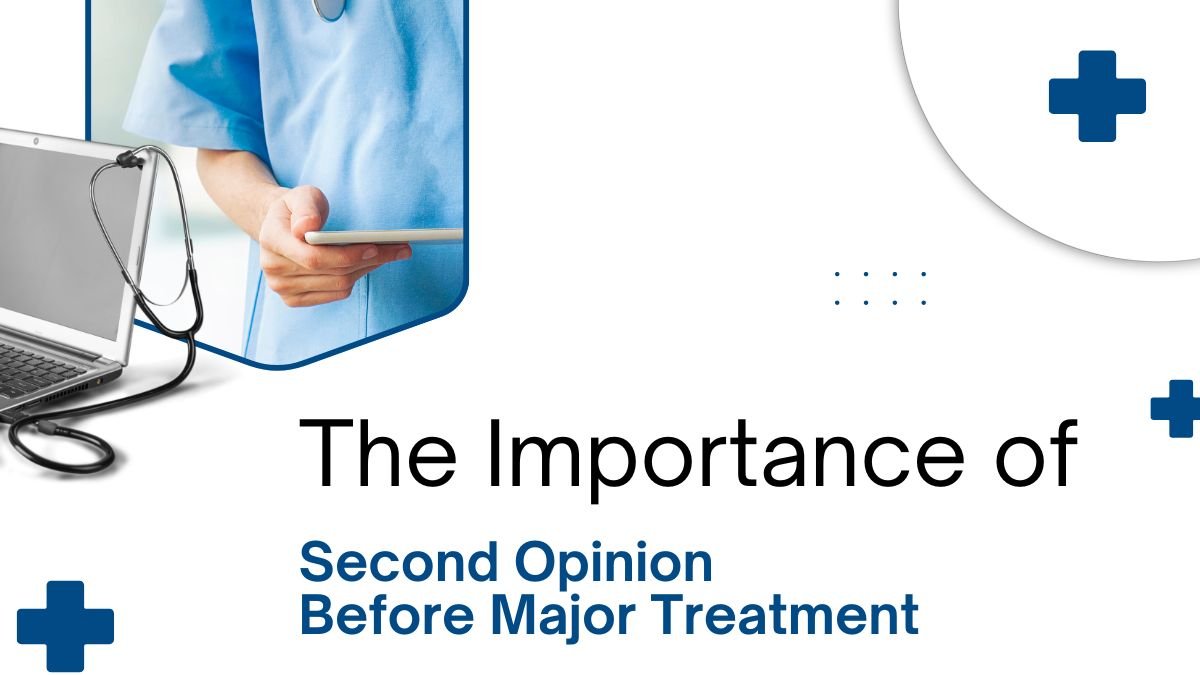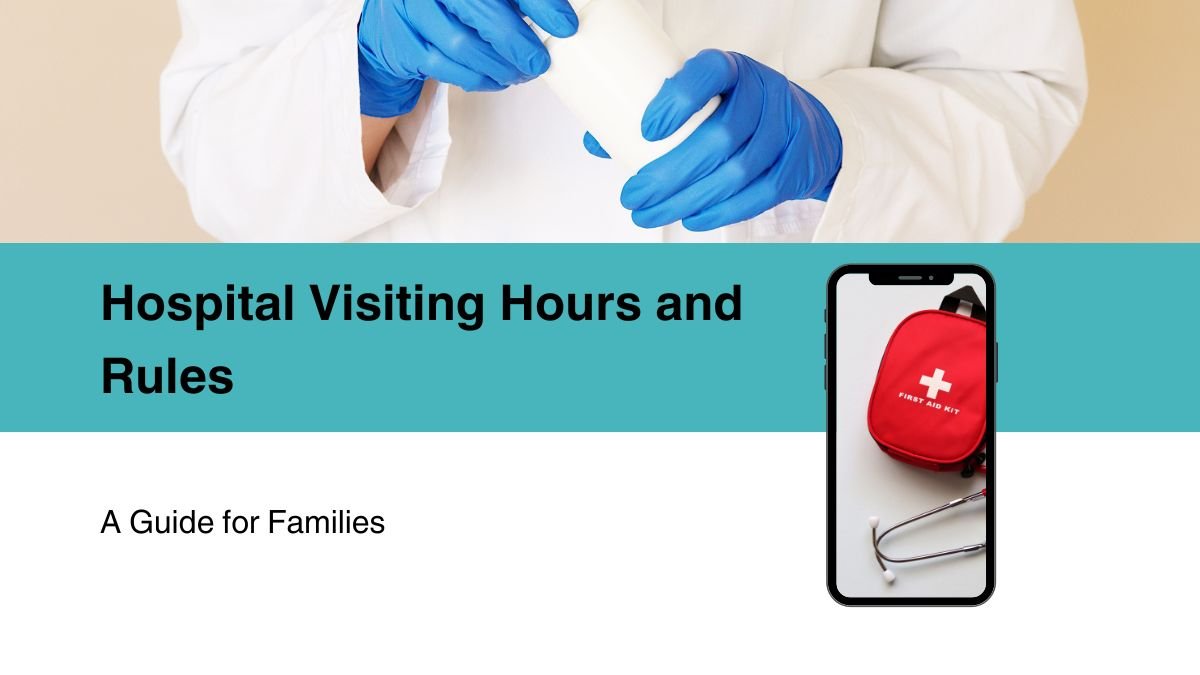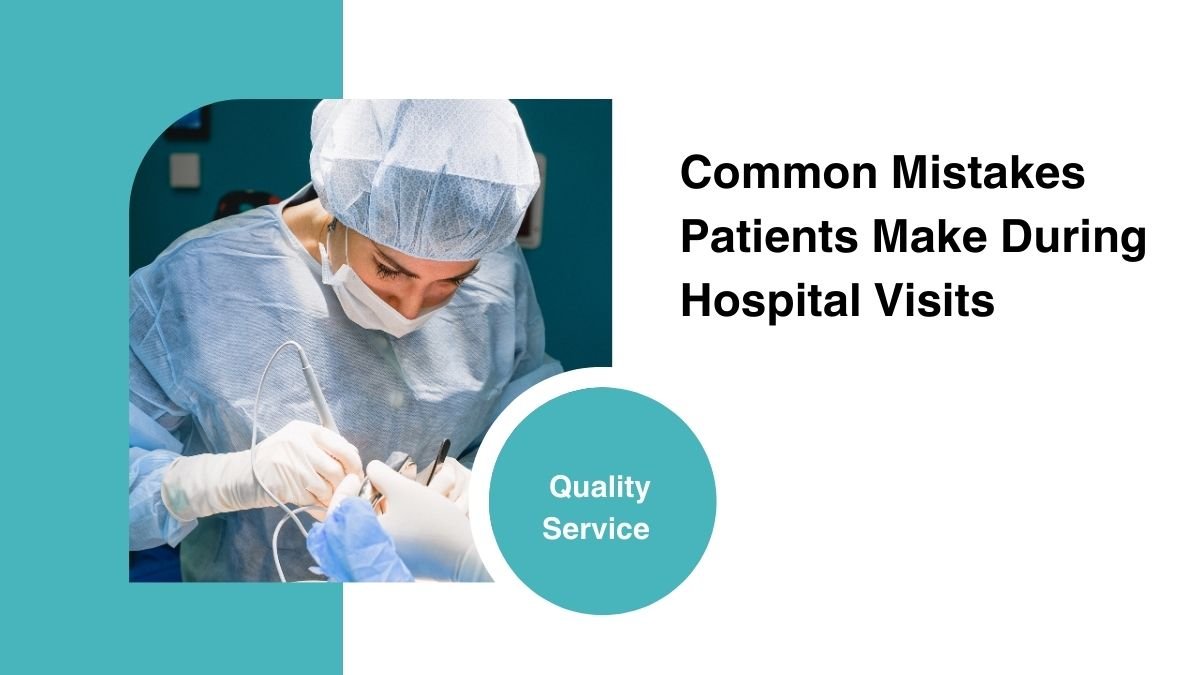Why is a second opinion necessary before major medical treatment
Sitting in the hospital, listening to the doctor’s report and then getting ready for major treatment or surgery is not easy for any person. Sometimes the treatment suggested by the doctor may be correct, but it is also possible that another doctor may look at the same case from a different perspective and suggest a better or less risky way.
This is why taking a second opinion, that is, consulting another qualified doctor, is very important.
What does second opinion mean?
In simple words, second opinion means consulting another specialist other than the first doctor about a medical problem.
It is not just a matter of “not trusting the first doctor”, but it is a way to get more information and options about your treatment.
Benefits of taking a second opinion
1. Confirmation of Diagnosis
Sometimes the symptoms of the same disease are similar to those of other diseases.
- A second specialist can see your tests and reports to make sure that the disease diagnosed is correct.
- If the first diagnosis is wrong, then correct treatment can save both time and money.
Example: Suppose, you have been asked to undergo knee surgery, but the second opinion shows that physiotherapy and medication can improve the condition.
2. Alternative Treatments
- Each doctor has different experience and methods.
- While one specialist will suggest surgery, another doctor may recommend medications, physiotherapy or less invasive techniques.
- Many times the patient is not aware that there are other options which are less expensive and less painful.
3. Increased Confidence
When two or more doctors say the same thing, you gain more confidence in your treatment.
Being mentally strong is also a great weapon to fight the disease.
4. Clear understanding of risk and benefit (Risk Assessment)
Major treatments, especially surgery, have some risks.
A second opinion can give you a balanced assessment of these risks and benefits.
This helps you decide whether it is right to take the risk or not.
When to take a second opinion
1. Complex and serious diseases (Complex Conditions)
In serious diseases like cancer, heart disease, neurological disorders, the effect of wrong diagnosis or wrong treatment can last a lifetime.
In such cases, another specialist can look at the case from a different angle and give new suggestions.
2. Before major surgery (Surgical Procedures)
If the doctor has suggested a major operation, then it is important that another surgeon confirms it.
Sometimes better results can be obtained by postponing or delaying the operation.
3. Unfamiliar or new treatments (Unfamiliar Treatments)
If the suggested treatment is new, very expensive or experimental, then it is wise to seek advice from another doctor.
This also tells you about the long-term effects of the treatment and the success rate.
How to take a second opinion – step-by-step guide
1. Choose the right specialist
- Find a doctor who has experience in the same disease.
- Senior consultants of big government or private hospitals, or professors of a medical college can be good options.
2. Keep medical records ready
- Keep all the reports, test results, X-rays, MRI, CT scan, and the prescription written by the first doctor with you.
- This will make it easier for the new doctor to understand the whole case and you will not have to undergo tests again and again.
3. Make a list of questions
- Keep questions ready on treatment options, chances of success, side effects, cost and recovery time.
- Having questions in writing will ensure that you do not forget any important thing.
4. Listen to the opinion with an open mind
- If the second doctor gives a different opinion than the first one, do not take a decision immediately.
- Compare both the opinions, if needed, take the opinion of a third specialist as well.
Common misconceptions about getting a second opinion
- “The first doctor will feel bad” – Good doctors want patients to make informed decisions.
- “It’s a waste of time” – It’s better to take time to get the right treatment than to rush into the wrong treatment.
- “It will cost more” – The cost of a wrong or unnecessary treatment is much higher.
Additional benefits of getting a second opinion
- Many times, getting a second opinion helps you get to know a better hospital or doctor.
- It also introduces you to new treatments and techniques.
- In case of long-term illness, it can also give you information about patient support groups and research trials.
Conclusion – Your health, your right
Getting a second opinion is not a sign of distrust, but a responsible step for your health and future.
It gives you:
- Confirmation of the correct diagnosis
- Alternative treatment options
- A clear picture of the risks and benefits of treatment
- And peace of mind.
Remember, your body is yours and your treatment decisions should be made by you with complete information.









